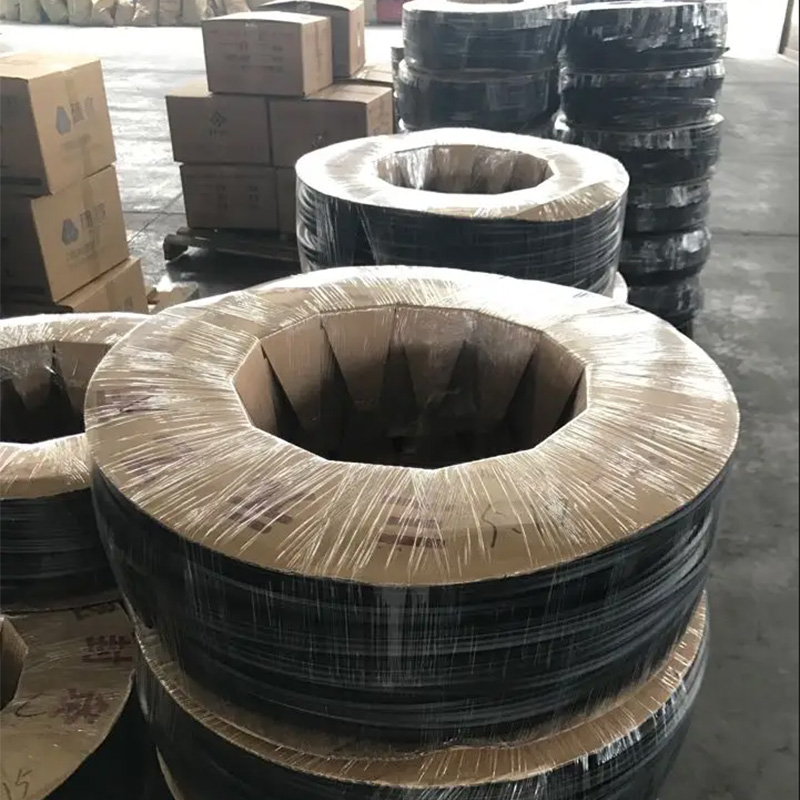Exploring the Rising Demand and Market Trends for Jute Rope Sales in Recent Years
The Rising Popularity of Jute Rope Sales
In recent years, the demand for jute rope has surged, driven by an increasing awareness of sustainability and eco-friendly products
. As one of the most versatile natural fibers, jute possesses unique qualities that make it an ideal choice for a wide range of applications, from agriculture to crafting. This article explores the factors contributing to the rise in jute rope sales and its myriad uses.Jute, often referred to as the golden fiber, is predominantly grown in tropical regions, particularly in Bangladesh and India. It is known for its biodegradability, durability, and strength, making it a popular alternative to synthetic ropes made from plastic. As consumers become more conscious of their environmental footprint, many are turning to jute products, leading to a notable increase in jute rope sales. The shift towards sustainable materials is not just a trend; it's becoming a necessity as industries strive to reduce their reliance on non-renewable resources.
One of the driving forces behind the rising sales of jute rope is the agricultural sector. Farmers have used jute ropes for centuries to tie bales, support plants, and even for fencing. Unlike synthetic ropes, jute is strong yet gentle, reducing the risk of damage to delicate plants. Furthermore, as organic farming practices become more widespread, the usage of biodegradable materials like jute rope is gaining momentum. This has led to a significant uptick in demand from farmers looking for sustainable farming solutions.
jute rope sales

In addition to agriculture, jute rope has found a place in the crafts and DIY market. Artisans and hobbyists appreciate the rustic charm of jute, which adds an organic touch to their creations. From home décor to jewelry making, the applications are endless. A simple jute rope can transform a plain vase into a centerpiece or serve as a natural accent in various crafts. This versatility has spurred interest among consumers who want to create unique, sustainable pieces for their homes.
Moreover, the advent of e-commerce has enabled jute rope suppliers to reach a wider audience. With online shopping becoming increasingly popular, many retailers are showcasing their jute products on e-commerce platforms. This accessibility has made it easier for consumers to find and purchase jute rope, further fueling sales. Online markets provide an excellent opportunity for small-scale cottage industries, especially in rural areas, to showcase their jute products globally, leading to improved livelihoods for many artisans.
The construction and packaging industries are also beginning to embrace jute rope. As companies seek more eco-friendly packaging solutions, jute rope offers an attractive alternative to plastic twine. Its strength and support make it ideal for securing packages, while its biodegradable nature aligns with the growing emphasis on sustainable practices. The move towards eco-conscious packaging is likely to enhance jute rope's appeal in commercial sectors, further boosting sales.
In conclusion, the rise in jute rope sales is not merely a passing trend but a reflection of a broader societal shift towards sustainability and eco-friendliness. Whether in agriculture, crafts, or packaging, jute rope presents a versatile and environmentally responsible solution. As consumers continue to prioritize sustainability, the market for jute rope is expected to expand, providing exciting opportunities for businesses and artisans alike. Embracing jute not only supports the environment but also promotes traditional craftsmanship, thus ensuring that this ancient fiber remains relevant in modern times.
Share
-
The Best Lubricants for Aluminum Roller GuidesNewsJul.23,2025
-
Slitting Machine Applications in the Packaging IndustryNewsJul.23,2025
-
Rolling Roller Balancing Techniques for Smooth OperationNewsJul.23,2025
-
How To Optimize An EV Battery Assembly LineNewsJul.23,2025
-
Energy Efficiency in Modern Battery Formation EquipmentNewsJul.23,2025
-
Automation Trends in Pouch Cell Assembly EquipmentNewsJul.23,2025







